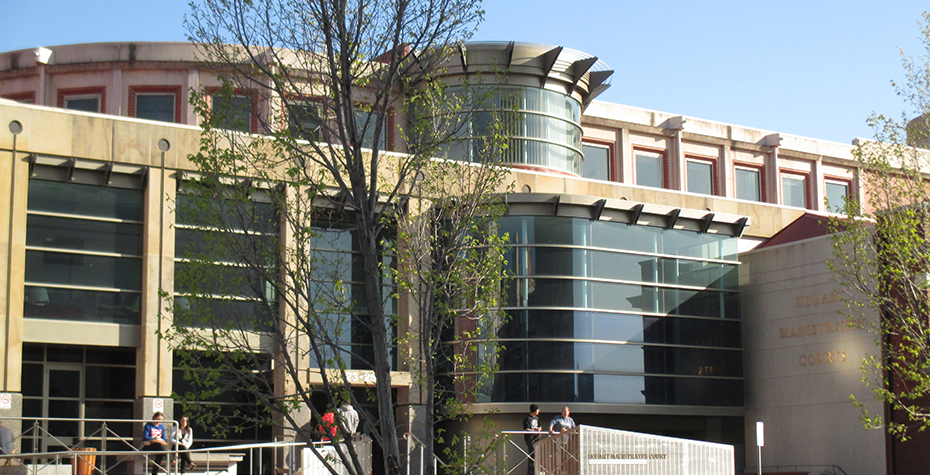How court staff can help you
Court staff are available to help you with your court matter. Check the lists below to find out how they can and can't help you.
This document - Legal Information - also tells you what legal information court staff can or can't provide you with.
Court staff can
- explain and answer questions about how the court works.
- give you a list of lawyers or contact details of Legal Aid and the Law Society of Tasmania.
- give you general information about Court rules, procedures and practices.
- give you court schedules and information on how to get a case listed.
- give you information from your court file.
- give you samples of the court’s forms.
- check your court papers to make sure they are complete, with the required signatures and supporting documents, correct case numbers, correct court location.
- usually answer questions about court deadlines and how to work them out.
- help you feel safe at court by contacting court security.
Court staff can not
- change an order made/signed by a Magistrate.
- give you legal advice.
- tell you whether or not you can or should bring your case to court.
- talk to the Magistrate for you.
- tell you what words to use in your court documents.
- tell you what to say in court.
- give you an opinion about what will happen if you bring your case to court.
- explain to you why a Magistrate has made a certain decision.
